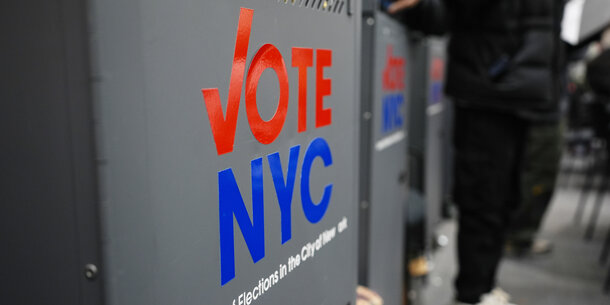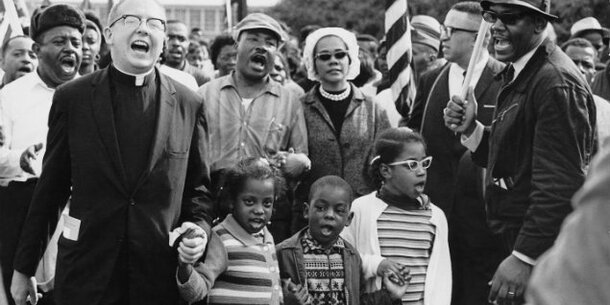This is crossposted from CivicNation’s BrandVoice page on Forbes.
More than 8 million young Americans will reach voting age ahead of the 2024 presidential election. For many, their first time voting, an exciting and celebratory milestone, will unfold in a college setting. In the coming weeks, election officials and campus leaders can take important steps to ensure that the experience is as smooth as possible for these voters.
From an election administration standpoint, preparing a college community for an election is different from preparing the general public in several ways. Many students on campus may be from other states, for example, and the registration deadlines and requirements that now apply to them may not be the same as the rules in their home state. And college-age voters often don’t address those registration differences until the last minute: where registering to vote on Election Day is allowed, college students are disproportionately more likely to take advantage of it than the rest of the electorate.
College students also exhibit voting patterns that are different than other adults. While many Americans who vote in person choose to vote before or after work, polling places at colleges may face an influx of voters in the middle of the day between classes. And students are more likely to make voting a social activity, coming to vote with large groups of friends who are casting their own ballots at the same time.
These differences in registering and voting patterns can all contribute to young voters having to wait in long lines when voting. So, what can campus administrators and election officials do now to help make sure that doesn’t happen this fall?
Voting on Campus: Student-Centered Solutions to Build Election Resiliency is a new guide we’ve written with colleagues at the Brennan Center for Justice at NYU Law. It harnesses the unique strengths campus leaders and election officials bring to the table, and offers recommendations for how both groups can work together to best serve college voters. Election officials bring expertise in election administration and law, while campus stakeholders — including administration, students, and student groups — possess a deep understanding of their communities and know the best ways to engage them. With everyone’s collaboration, students have a greater chance of having a smooth voting experience.
One of the first things election officials can do is streamline communication with student voters by establishing clear points of contact within the campus community. And likewise, campus administration and student organizations focused on nonpartisan civic engagement should form a direct connection with their jurisdiction’s local election official or a representative from the local election office.
Strengthening these relationships and fostering clear, frequent communication can help ensure the right information reaches the right people at the right time in the process. When campus leaders connect with election officials and other authoritative sources ahead of a campus event like a voter registration drive, it helps ensure the campus community has the correct facts relevant to their jurisdiction and knows the options available to them when it comes to voting, like whether they can vote by mail. With so much information about elections bombarding voters, campus leaders should take care to coordinate any messages about voting with election officials to ensure accuracy. The more deliberately the relationships between election officials and campus leaders are nurtured, the stronger they will become — contributing to more efficient preparation for November and for future elections.
Campus leaders can also play a role in assisting election officials by identifying, anticipating, and troubleshooting some of the challenges that can lead to long lines. For example, if election officials anticipate a high volume of foot traffic at a campus polling place, campus leaders — who are more familiar with the flow of student activities and their campus community — can recommend locations that might be better suited to accommodate the crowd.
Relatedly, campus administration staff would know what the typical class times are for their university, and could let election officials know when breaks in the day may lead to an influx of voters. That in turn can help election officials determine staffing and resource needs for various campus polling locations throughout the day.
That information sharing is vital to election officials’ ability to keep voting on campus running smoothly and safely. Election officials are facing immense challenges this year, including limited resources with which to do their jobs and heightened scrutiny of their work thanks in part to ongoing disinformation about the elections process. By recognizing these challenges and working with election officials as this preparation unfolds, campus leaders can help create a streamlined, accessible voting experience for students.
Election officials undertake the critical task of administering free and fair elections for all communities, including college students. Campus communities are key partners in supporting election officials’ efforts — improving access to the ballot box for millions of young voters.




